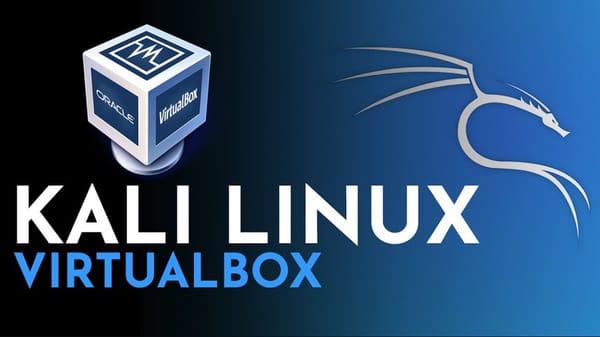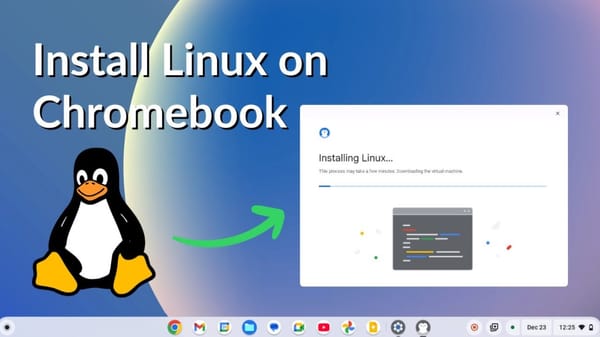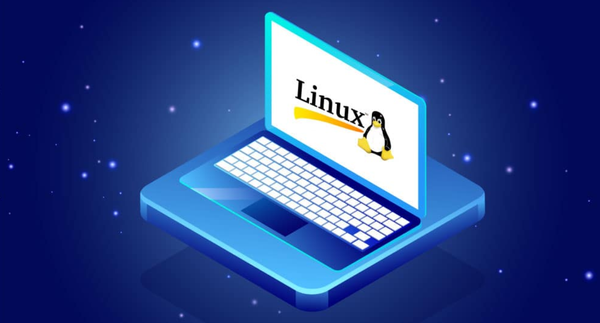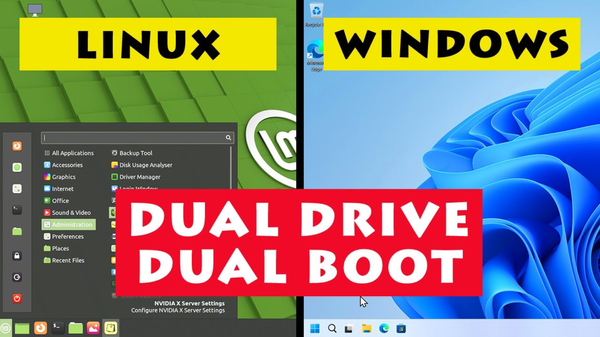Debian vs Ubuntu: The Ultimate Comparison Guide
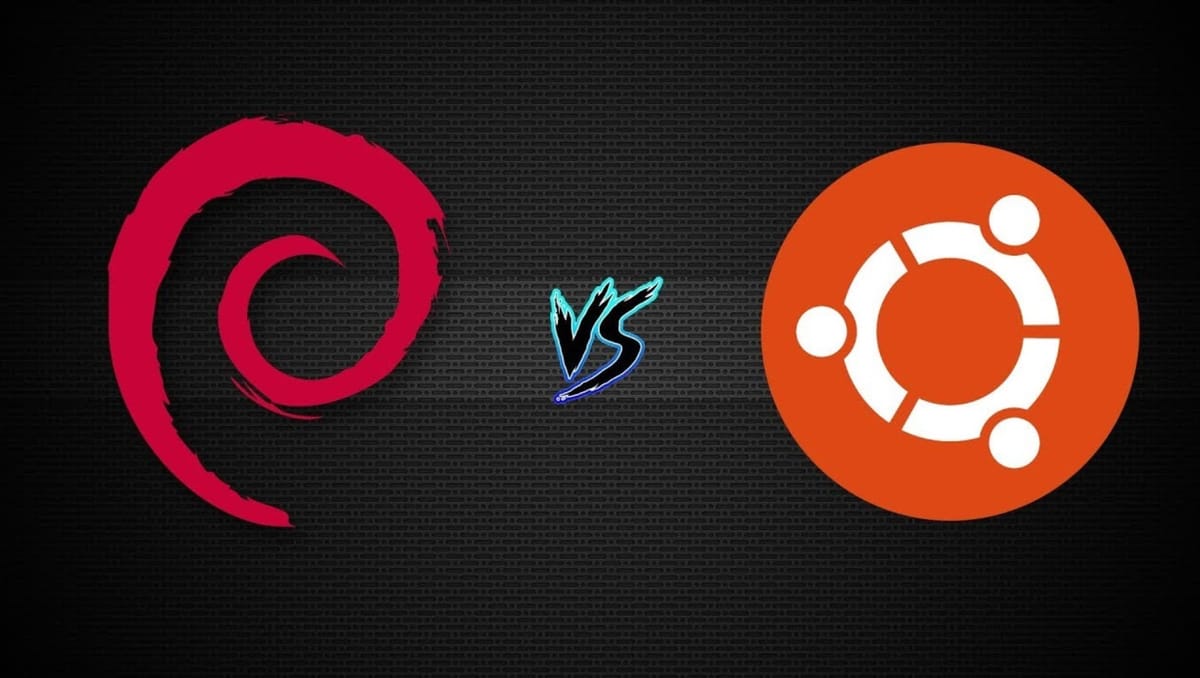
When choosing a Linux distribution, Debian vs Ubuntu is one of the most common comparisons you'll encounter. These two titans share the same DNA—Ubuntu is based on Debian—but serve very different audiences. Whether you're a new Linux user or a seasoned sysadmin, this guide will break down every major difference and help you make the right decision.
🔍 What is Debian?
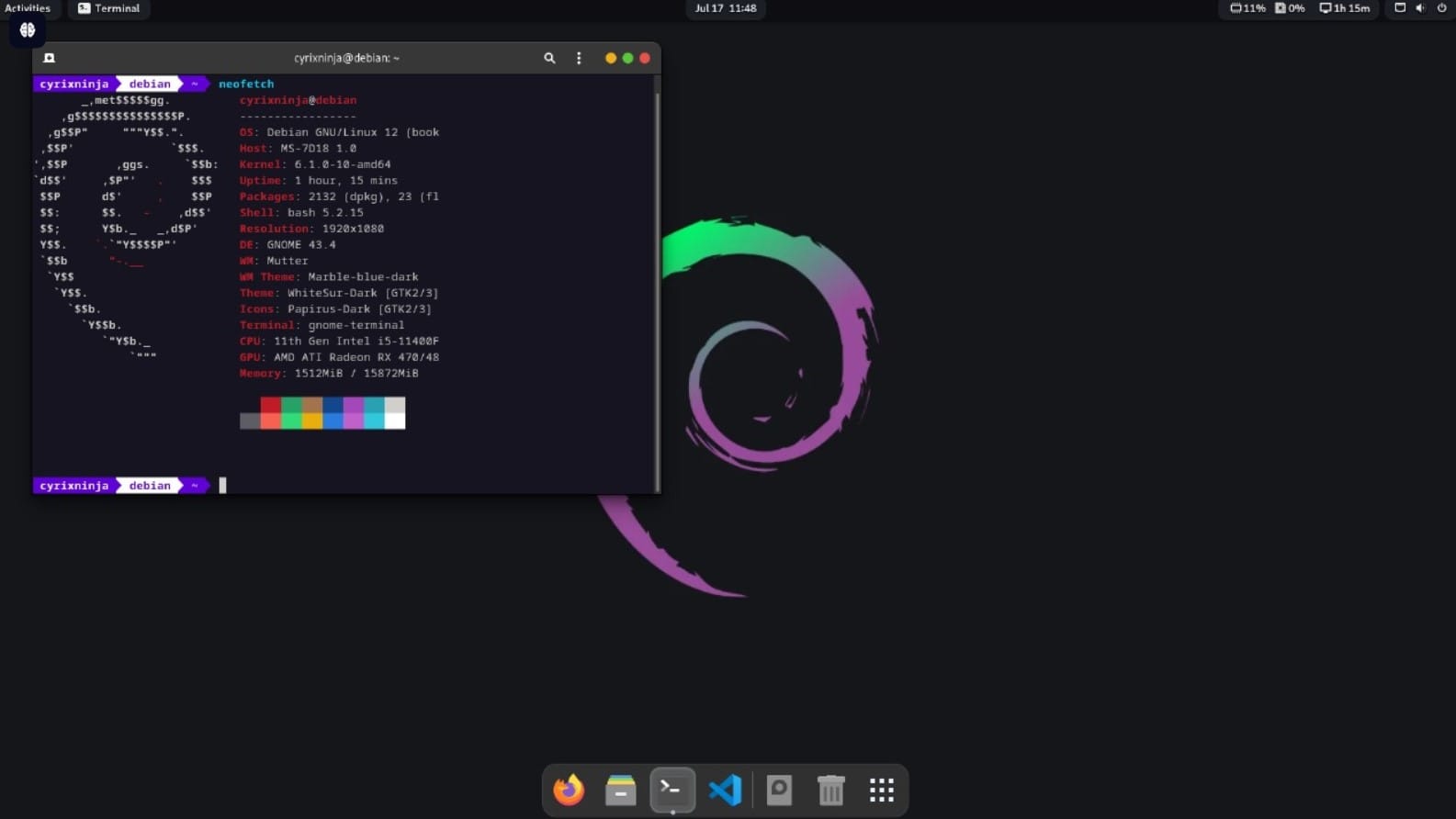
A Snapshot of Debian
- Launched in 1993
- Fully community-driven project
- Favors free and open-source software
- Designed for stability, control, and customization
Why Choose Debian?
- Ideal for advanced users and developers
- Prioritizes security and system reliability
- Offers three branches: Stable, Testing, and Unstable
🔍 What is Ubuntu?
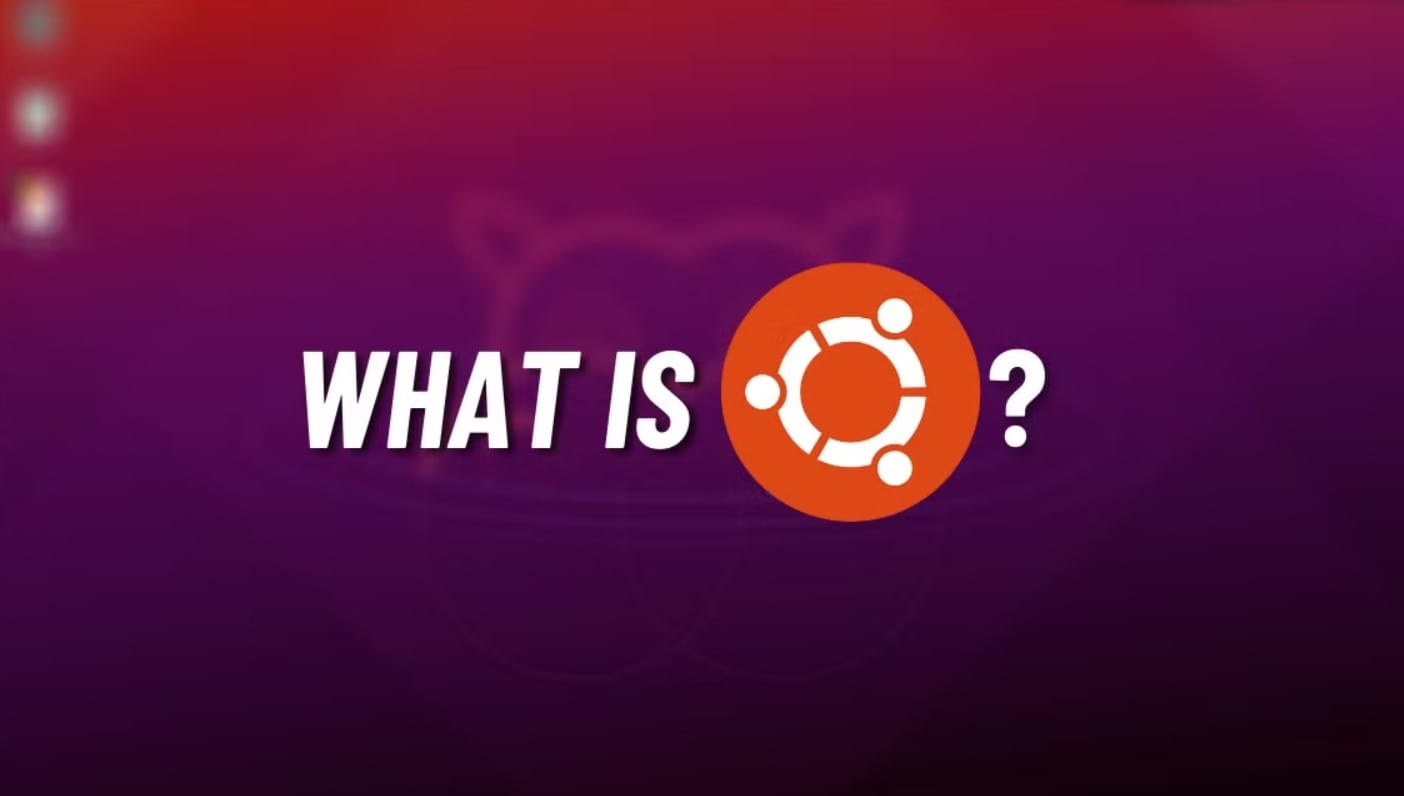
An Overview of Ubuntu
- Introduced in 2004 by Canonical
- Built on top of Debian’s unstable branch
- Focuses on usability and desktop readiness
- Available in LTS (Long-Term Support) and regular versions
Why Choose Ubuntu?
- Perfect for beginners
- Frequent updates and broader hardware support
- Backed by commercial support from Canonical
🎯 Debian vs Ubuntu: Key Differences Explained
Governance and Philosophy
- Debian is developed by a worldwide community of volunteers
- Ubuntu is controlled by Canonical Ltd., with community involvement
Software Policies
- Debian strictly adheres to free software guidelines
- Ubuntu includes proprietary drivers and codecs for better user convenience
System Resource Usage
- Debian is more lightweight, ideal for low-resource machines
- Ubuntu consumes more RAM and CPU due to background services and UI enhancements
🗂️ Package Management in Debian vs Ubuntu
Using APT and Beyond
Both use APT for package management, but with differences:
- Debian: Conservative and secure; only stable packages
- Ubuntu: Includes PPAs (Personal Package Archives) and Snap packages
Repository Comparison
| Feature | Debian | Ubuntu |
|---|---|---|
| Snap Support | ❌ No | ✅ Yes |
| PPA Support | ❌ Limited | ✅ Native |
| Package Freshness | ✅ Stable | ✅ Latest versions |
⚡ Debian vs Ubuntu Performance Review
Boot Time & Responsiveness
- Debian boots faster on older hardware
- Ubuntu has a more optimized experience on modern systems
Memory & CPU Usage
- Debian: Uses fewer background processes
- Ubuntu: More polished, but heavier
💻 System Requirements Compared
Debian
- 256 MB RAM (Minimal)
- 2 GB Disk Space
Ubuntu
- 4 GB RAM (Recommended)
- 25 GB Disk Space
🛡️ Stability and Reliability: Debian vs Ubuntu
Debian Stability
- Prioritizes bug-free, time-tested software
- Preferred by sysadmins for production environments
Ubuntu Stability
- LTS versions are extremely reliable
- Includes newer software, but may have bugs in regular releases
🔐 Security Features Overview
Debian
- Security comes through stable packages
- Less prone to vulnerabilities due to conservative updates
Ubuntu
- Utilizes AppArmor
- Offers unattended-upgrades for automatic security patches
🖥️ Desktop Experience in Debian vs Ubuntu
User Interface
- Debian: Offers minimal GUI unless manually selected
- Ubuntu: Comes with a fully customized GNOME desktop
Desktop Environment Choices
Both support:
- GNOME
- KDE Plasma
- XFCE
- LXQt
👶 Debian vs Ubuntu for Beginners
Ease of Use
- Ubuntu: Excellent for first-time users with a user-friendly installer
- Debian: Requires more manual setup and CLI knowledge
💻 Debian vs Ubuntu for Power Users
- Debian is preferred for:
- Custom Linux setups
- Advanced server roles
- Ubuntu suits:
- Developers looking for plug-and-play solutions
- Teams working with CI/CD pipelines
🌐 Server Deployment: Debian vs Ubuntu
Debian Servers
- High uptime
- Customizable installation options
Ubuntu Servers
- Official cloud images on AWS, Azure, GCP
- Professional tools like MAAS and Landscape
🤝 Community and Support
Debian
- Community-run forums and mailing lists
- No corporate support, but vast documentation
Ubuntu
- Extensive user forums
- Canonical offers paid support for enterprises
👨💻 Developers: Debian vs Ubuntu
Programming Environment
- Ubuntu supports:
- Snapcraft
- Docker out-of-the-box
- Popular IDEs (VS Code, IntelliJ)
- Debian suits:
- Reproducible builds
- Legacy software environments
📦 Software Availability & Updates
Ubuntu Advantages
- Larger software catalog via Snap and PPA
- Regular feature updates
Debian Advantages
- Focuses on tried-and-tested software
- Greater consistency in package versions
📅 Release Cycle Differences
- Debian: Every 2+ years (Stable)
- Ubuntu: Every 6 months; LTS every 2 years
🧩 Installation Experience
Ubuntu
- Uses Ubiquity or Calamares (flavors)
- Beginner-friendly, supports encryption
Debian
- More technical installer
- NetInstall offers lightweight builds
🎮 Debian vs Ubuntu for Gamers
- Ubuntu: Steam is fully supported; easy driver setup
- Debian: Manual configuration required, but supports gaming once set up
🔍 Privacy Comparison
- Debian: Zero telemetry, completely user-controlled
- Ubuntu: Includes optional system data reporting
🌐 Cloud and Virtualization Compatibility
- Ubuntu has better integration with:
- Docker
- LXD
- KVM
- Debian is often used as a minimal base image
⚙️ Customization Options
- Debian: Build your OS from scratch
- Ubuntu: Use flavors like Xubuntu, Lubuntu for lighter experience
📊 Enterprise and LTS Support
- Ubuntu:
- 5 years support (LTS)
- Optional 10-year extended support
- Debian:
- 5 years community-supported LTS
🎓 Educational Use
- Debian: Ideal for IT curriculum and Linux foundations
- Ubuntu: Great for general student use and digital learning labs
✅ Final Thoughts: Which Is Right for You?
Choose Debian If You:
- Want ultimate control and stability
- Are building a minimal system
- Don't need frequent updates
Choose Ubuntu If You:
- Prefer ease of use
- Need access to latest tools
- Want solid enterprise and cloud support
❓ Frequently Asked Questions
Is Ubuntu more user-friendly than Debian?
Yes, Ubuntu is more beginner-friendly with a streamlined GUI and installation process.
Which is faster: Debian or Ubuntu?
Debian generally uses fewer resources and is faster on older machines.
Can I use both Debian and Ubuntu on the same system?
Yes, with proper partitioning or virtualization, you can dual-boot or run them simultaneously.
Is Debian good for development?
Absolutely, especially for stable and controlled development environments.
Does Ubuntu include non-free software?
Yes, it includes proprietary drivers and codecs to improve out-of-the-box usability.
What’s the main advantage of Debian over Ubuntu?
Debian is more stable and doesn’t include unnecessary packages by default.
📌 Conclusion
The Debian vs Ubuntu comparison boils down to control vs convenience. Debian offers purity, reliability, and minimalism. Ubuntu offers simplicity, frequent updates, and corporate backing. By understanding your needs—whether for desktop use, development, or server deployment—you can make an informed choice between these powerful Linux distros.

